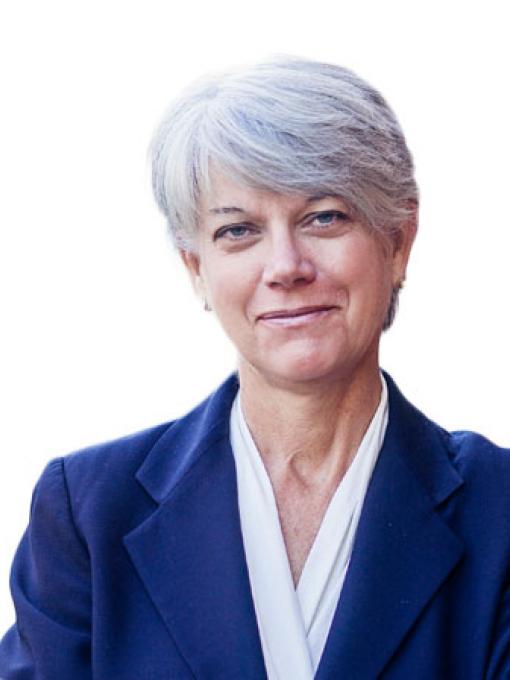Sometimes we are touched by Spirit in ways that are both tender and forceful, and we simply can’t turn away. Often, these spiritual openings come in places and times that we don’t expect.
Last summer, in a meeting with Friends and friends at the First Alaskans Institute, I felt a new opening to understand the sins of my people against indigenous peoples. The feelings I have experienced—grief, shame, and hope for the resilience of the human spirit—live in me now.
Grief over the grave injustices that have perpetrated generational trauma for indigenous peoples. Shame that my white European ancestors and my chosen Quaker faith participated in the cultural genocide of others. Hope for the resilience of people who perpetrated injustice to ask for forgiveness and for those who have suffered to forgive.
In that conversation in Anchorage, what opened for me was to consider how I can be an ally with people who have had their culture, religion, language, livelihood, and families stolen from them.
We know of the grievous decisions our government made to deprive Native Americans of their homes on land that wasn’t “owned;” to force them to reservations; and to make them compliant to a white, Christian way of being in the world.
In that conversation in Anchorage, what opened for me was to consider how I can be an ally with people who have had their culture, religion, language, livelihood, and families stolen from them. I heard how the actions of those who colonized this land and made it their own profoundly violated the lives of indigenous peoples. I heard how the effect of those actions manifests in the trauma in subsequent generations.
I heard how the Quaker and other Christian missionaries forbade people in Alaskan villages their dances, their drumming, and their music. This severing of spiritual and cultural practices was not only denying heritage, it was denying people their stories, denying them the essence of who they are as humans.
The four Friends and the five people from First Alaskans Institute began the meeting with introductions that told our stories. The meeting was led by Ayyu Qassatag (Inupiaq). She named her mother, father, grandparents, home, and language. We introduced ourselves in this way, establishing a personal connection and a space that opened us to one another as humans.
I recognize the value of heart-to-heart conversations as a way for Quakers and other people of faith to listen to and speak the truth of how our ancestors harmed and destroyed indigenous people and to see one another with respect and love.
It is difficult for the present generation to have to inherit the burdens passed by ancestors, but it feels like a necessary undertaking.
I have learned from Friends and from other faith leaders—in Christian churches—who are facing the spiritual challenge of confronting how our historic actions have done violence to entire populations based on a false sense of superiority and righteousness. This is essential labor for all of us who are white and Christian.
As I reflect on the meaning of my experience last summer, I have a new understanding of how living in a culture that protects white supremacy and Christian supremacy has affected my way of navigating the world.
It is difficult for the present generation to have to inherit the burdens passed by ancestors, but it feels like a necessary undertaking. I do not know exactly where this opening will bring me. But I am grateful for FCNL’s work to address racial injustice—both within the Native American Advocacy Program and all our legislative priorities—and to be attentive to the inherent racial disparities in U.S. policies.
The work of recognizing injustice, speaking truth, practicing reconciliation is lifelong, and I’m clear that for me it is both personal and policy-focused. Resolution will not come soon or easily, but being available to foster relationships that help us see in new ways creates trust and builds faith that Way will open for healing.
